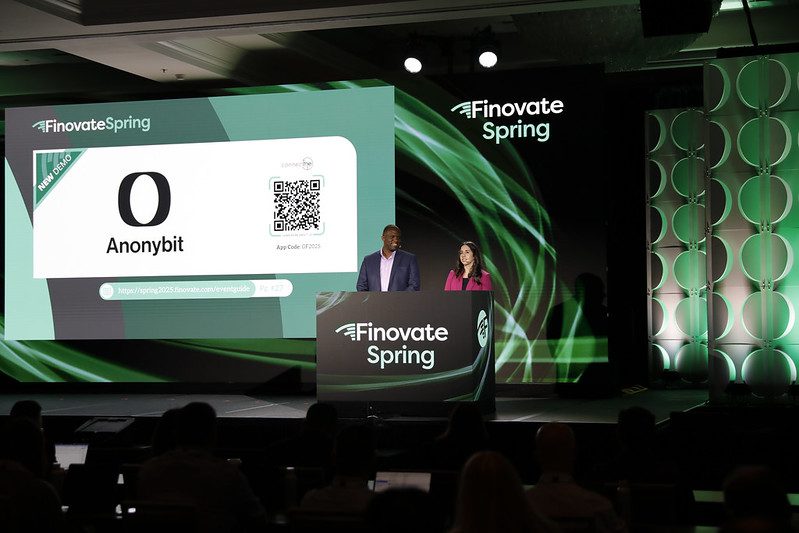
- Signicat has acquired Dutch identity verification provider Inverid for an undisclosed amount.
- Inverid’s flagship product, ReadID, uses NFC on smartphones to securely verify ID documents, making it ideal for high-assurance use cases like banking, government, and cross-border compliance.
- The acquisition positions Signicat to meet growing regulatory and fraud prevention demands across Europe.
Fraud prevention solutions provider Signicat announced this week that it is bolstering its identity authentication and orchestration tools with the acquisition of the Netherlands-based Inverid.
Signicat is purchasing Inverid from its founders and the company’s majority shareholder, Main Capital, both of which have agreed to reinvest a portion of what they receive back into Signicat. This indicates that they believe in the potential of the combined company and want to retain a financial stake in its future.
Inverid (formerly known as InnoValor) was founded in 2013 and has a team of 75 developers working on solutions that increase digital trust. The company’s flagship solution, ReadID, helps organizations verify identity documents leveraging NFC on users’ smartphones. Inverid counts 50 clients, including Rabobank, the UK and Danish governments, and the European Border and Coast Guard Agency (Frontex).
NFC-based document verification is one of the most accurate and tamper-resistant ways to validate identity documents. This is because it pulls data directly from the chip inside a passport or ID, rather than relying on OCR or a camera scan. This makes ReadID a powerful addition for high-assurance use cases like onboarding for banks, insurers, or government services.
Signicat will integrate the ReadID capabilities into its own set of solutions, which include identity proofing, trust orchestration, authentication, and electronic signing.
“By adding Inverid’s unique NFC-based solution to our platform, we can offer our customers the best possible document verification technology and unmatched identity solutions,” said Signicat CEO Asger Hattel. “This transaction demonstrates our commitment to remaining at the forefront of digital identity innovation, constantly striving to offer our customers still more effective tools to fight fraud while improving digitization journeys for their end users.”
Signicat has been in the identity industry for nearly two decades, having launched its identity verification tools in 2006. Today, the Norway-based company supports 240+ data sources to identify businesses and individuals. Signicat offers national eID and biometric verification, ID document scanning, data verification AML/KYC checks, and more. In 2019, Signicat was acquired by private equity investor Nordic Capital for an undisclosed amount.
“The acquisition of Inverid is an important step to further strengthen Signicat’s offering to deliver even better digital identity solutions to the market,” said Nordic Capital Advisors Managing Director Rolf Torsøe. “Building on a successful partnership between the companies and a strong cultural fit, this transaction will unlock immediate synergies. Nordic Capital is enthusiastic about supporting Signicat’s continued growth journey in Europe.”
This acquisition comes at a time when fraud is evolving rapidly, and governments and financial institutions across Europe are doubling down on strong identity verification. By integrating NFC-based document checks, Signicat is closing a key gap for high-assurance use cases like government onboarding and cross-border compliance. This is especially true in an era when regulations surrounding identity verification are shifting, creating a moving target for organizations.












